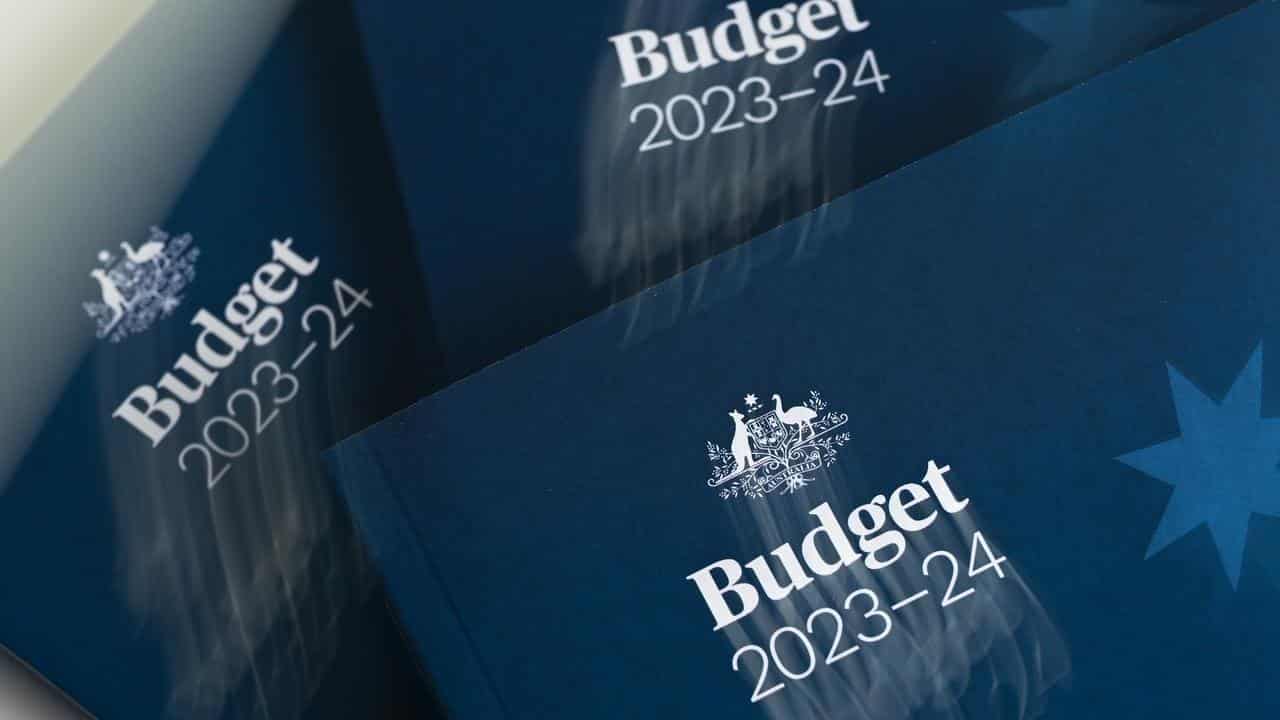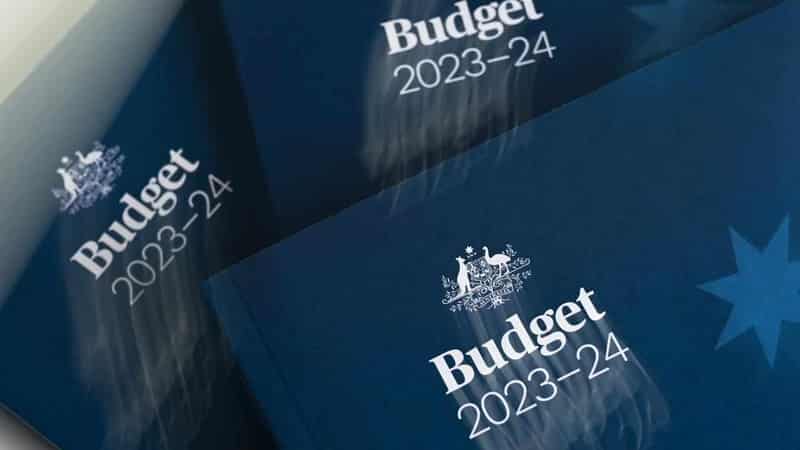
The federal budget is set to remain in the red well into the coming decades.
The Albanese government expects to deliver a surplus of about $21 billion this year, yet the Intergenerational Report released on Thursday showed deficits will "remain over the long term".
"After narrowing over the medium term, deficits are projected to increase from the 2040s," the report said.
"This reflects growing spending pressures in health and aged care, the National Disability Insurance Scheme (NDIS), defence and interest payments on government debt."
These five spending areas combined are projected to grow from one-third of total spending to one-half by 2062/63.
Total government spending is projected to increase by 3.8 percentage points of GDP between 2022/23 and 2062/63.
Tax receipts are assumed to be constant as a share of GDP from the end of the decade.
And by 2062/63, the budget deficit is projected to reach 2.6 per cent of GDP.
The report said keeping the budget in check was essential to deliver vital public services and a stable economy, and ensure buffers are in place to withstand downturns.
While the government had returned most of the recent tax revenue upgrades to budget repair and was looking at ways to make the economy more productive, the report noted "there is more work to be done".
Treasurer Jim Chalmers said that work would include the "best combination of spending constraint, savings and meaningful tax reform".
Immediate tax reform would focus on multinationals, changes to the petroleum resource rent tax and high-balance superannuation, while income tax cuts would come into effect in 2024.
The government would also need to deal with the impact of electric vehicles, the use of which will reduce fuel excise revenues.
Australian Chamber of Commerce and Industry chief Andrew McKellar said the tax take was expected to rise by 0.5 percentage points of GDP while government spending rose by 3.8 per cent.
“That is unsustainable. It is the clearest warning in the document that trouble is looming without reform, especially the need for a comprehensive overhaul of the tax system. Something has to give,” Mr McKellar said.
KPMG chief economist Brendan Rynne said the Intergenerational Report showed current tax settings were not fit for purpose.
"We would like to see the government produce a tax roadmap on how the tax system will support and be adapted for low carbon/net zero economy ambitions," he said.









